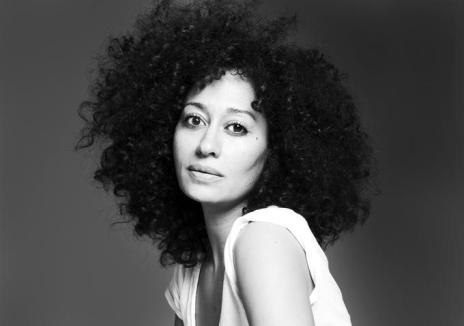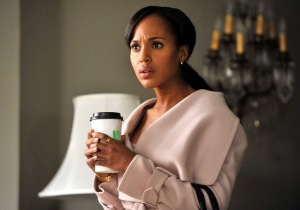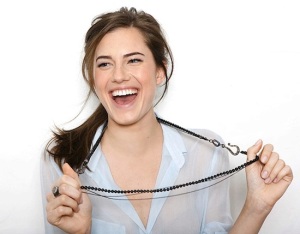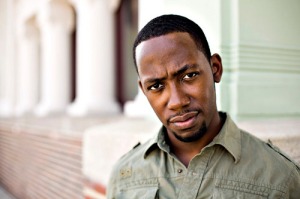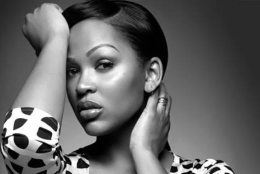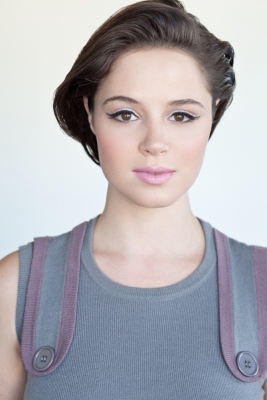
It’s unclear at what point in this week’s You’re the Worst did the FXX comedy’s season-and-a-half’s worth of similarities to Bojack Horseman, Netflix’s animated horseplay romp, boil over into something approaching the subversive . . . or at least distinctive. Edgar’s descent into the world of the improvisational arts plays out as a rerun of Todd Chavez’s, but with perhaps less wry contempt. How about when Jimmy’s meeting with the big media execs reminded us all yet again that Hollywood is a dark, sun-drenched space of corporate synergies and that the stories we want told will always entail “imagineering” more “literary pollination” than we’d hoped for? Perhaps the best Bojack-y element from this episode was the Hollywood sign being a potential target of alphabetic castration. But Ollywood Celebrities: What Do They Know? Do They Know Things? Let’s Find Out? may have to wait.
Still, how does a series that is, whether intentionally or not, the slower moving (humans and cable television are simply at the disadvantage here) version of a series we already love, find distinct footing when there’s an animal-riddled alternative readily available? Both shows are overtly about ennui and the big city dwelling almost-adults that have forced the term into the think-piece word banks of our times. And both shows are implicitly about the same big city and, in being about Los Angeles, explore materialism and privilege and the encroachment of media in the ways all Hollywood productions do but we don’t care to notice until the Kardashians are involved to signal that we should have strong feelings about this stuff one way or another.
This week’s episode of You’re the Worst is in many ways lackluster and unfulfilling, like many episodes of Bojack would be if you had to watch one at a time, but what it does an excellent job of highlighting is the difference between the two otherwise indistinguishable comedies. While Bojack is about individual adulthood, with a hearty underbelly of masculinity, You’re the Worst explores, more than anything, romantic relationships. (Whoa don’t get too excited. The very heteronormative sort. Sit down gays.) There’s a tremendous amount of overlap between the two, which leads to several shared thematic threads, e.g., Angeleno sidekicks with hearts of gold and traumatic histories are always not-too-brown Latinos. But if You’re the Worst can in one episode break our hearts following the girl who runs away, then subsequently break them again when it holds onto the boy who stays, it can recycle all the Hollywoo jokes it wants. There’s a thoughtfulness in its humor and its underlying drama, that breathes life into its visibly retreaded premise. Gretchen and Lindsay literally studying for a Bechdel test would be ingenious whether it was live action or animated or both. There’s clearly a space for smart-dark laughs. Apparently, at least two nearly identical spaces. And if Jimmy had picked Bones over NCIS to novelize, which was certainly an option on the table, I would’ve enjoyed the David Boreanaz jokes all over again.
So yea, tldr; if you love one show give the other one a shot. Basically that was the point of this. #explicitpointstoarticlesnow
